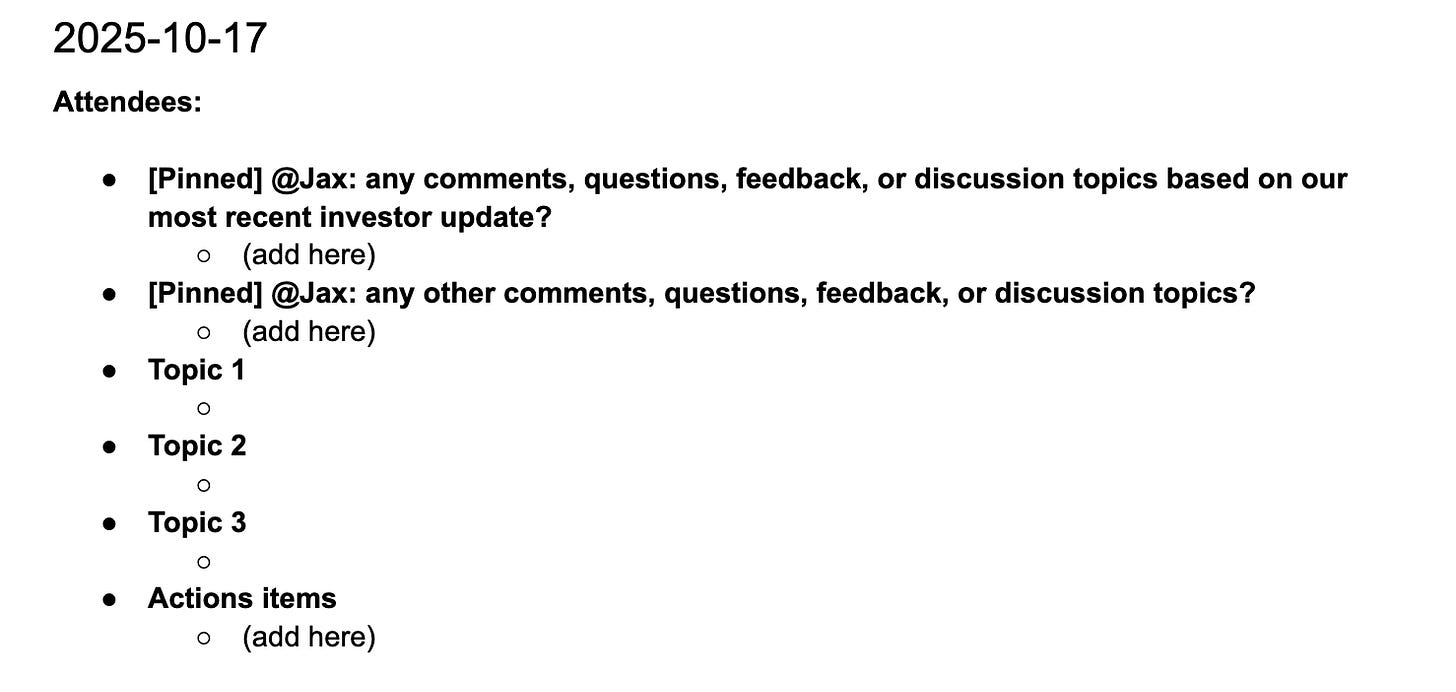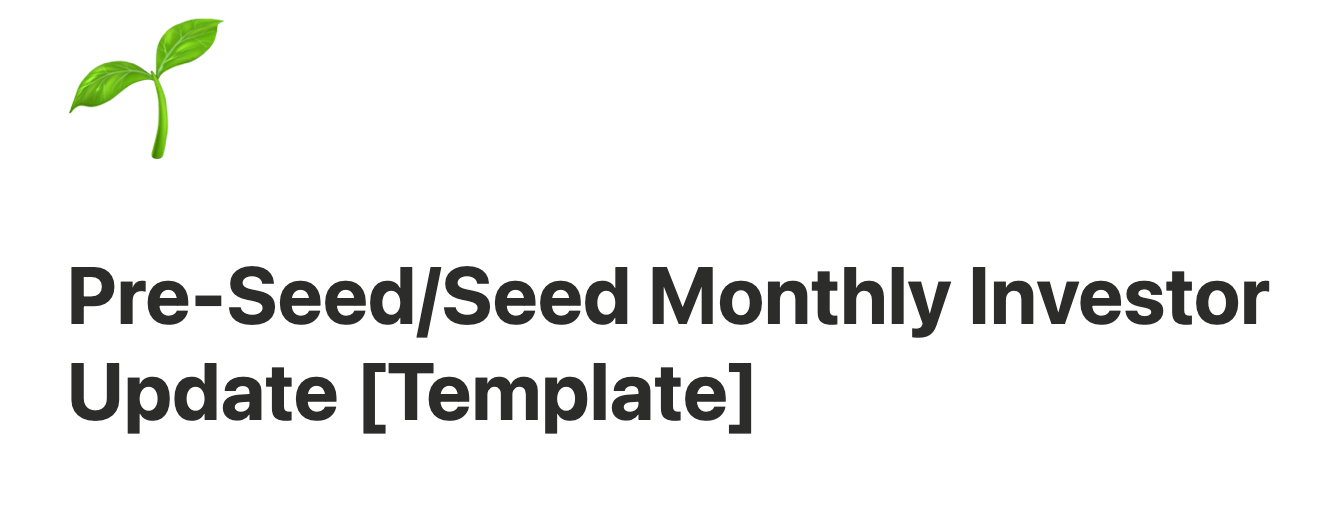Placing bets in a world of uncertainty
W. Brian Arthur, Investor comms templates, Gabe at MSCHF, KETTAMA Boiler Room
With all the hype around data centre rollouts and the need for new energy generation capacity to meet the demand for compute, I keep coming back to the ideas of W. Brian Arthur, the economist who first clearly articulated the impact of technology on the economy:
“The economy is not a container for its technologies, it is an expression of its technologies—technologies form the economy’s skeletal structure. When an important new body of technology comes along, AI say, the economy doesn’t adopt it, it encounters it; industries and the technology both change as they adapt to each other.”
The mix of devices, methods, markets, institutions, and firms is the economy’s structure. When powerful new tech arrives (steam, electricity, semiconductors, AI), the economy reorganises around them.
New elements are assembled from existing ones; they replace older ones, create niches for complements, and trigger further change. Because these steps build on what’s already there, history and timing matter (path dependence) and the process never truly settles.
While you may not have heard of W. Brian Arthur, chances are the concepts you encounter working in startups every day originate from concepts he first articulated. Ideas like network effects, positive feedback loops, and lock-in come from his 1983 paper on Increasing Returns:
“Increasing returns are the tendency for that which is ahead to get farther ahead, for that which loses advantage to lose further advantage.”
He wrote a brilliant book called “The Nature of Technology”:
“Combination is also the mechanism that drives technology’s evolution. Novel technologies are put together from parts, assemblies, modules, that are themselves already existing technologies. Technologies thus combine existing building blocks to form new building blocks and combine and combine again, to create further technologies. Arthur calls this mechanism of new combinations arising out of the collection of previous ones combinatorial evolution. The collective of technology evolves much as a coral reef builds itself from activities of small organisms: it creates itself from itself, and all technologies are descended from earlier technologies.”
“Placing Bets in A World of Uncertainty.” Published in 2004, but remains pertinent today:
“Imagine all the C.E.O.s in a certain area are all going into wireless technologies or proteomics or genomics—something trendy. All 20 of these people are on the prow of the ship. There is a kind of fog of technology into which they are heading. No one knows how well the technology is going to work, or who else is going to be in the game or who their competitors are going to be. They don’t know how their technology is going to work. They don’t know whether the public or other businesses will be interested. They don’t quite know what the regulatory atmosphere will be. Each has ideas about all of these factors, but none of these is particularly well known. All of that creates a fog of technology. This is the world of indeterminacy in which all high-tech entrepreneurs live.
If technology C.E.O.s are not confused they aren’t being truly smart. The El Farol problem comes into play when the problem gets serious and it’s about more than going to a bar at night. When you’re talking high-tech the problem can be whether or not to build a fabrication plant at $4 billion a go.
As the ship moves forward through the fog the C.E.O.s can start to see the outlines of a city. But actually the city is created, or the future is created, by the actions the other C.E.O.s are going to take, and those are predicated on their beliefs. Each C.E.O. is trying to form beliefs, forecasts, or, more generally, a guiding vision about a situation that is, in turn, forming from the visions of others.”
Communicating with Investors
I work closely with Soroush and Alex at Harmony Intelligence. Their rolling doc for our monthly catch-ups is clear and effective, so I wanted to share the template so other early-stage founders can copy it for their investor catch-ups.
Soroush will complete the topics a few days ahead of time and share the doc with me on WhatsApp. I read this doc alongside the investor update email and complete my thoughts ahead of time. Then we use the topics and comments to direct the conversation. Link here
For a good template on investor update emails, here’s one Airtree made earlier:
Listens of the Week
Dialectic is an underrated podcast. Loved this episode with Gabe Whaley, CEO of MSCHF:
“When you look at a lot of our work, you see that we co-opt objects or systems that either define or comment on most people’s daily lives: their relationships with objects, their relationships with technology, and their relationships with people via technology. We’ve constantly said here that the only point of being a human is being able to eat, sleep, fuck, and flex on your neighbor.”
Strap in for an hour of KETTAMA:
One of my Daylists this week was excellent:



Impeccable taste in music, Jax!